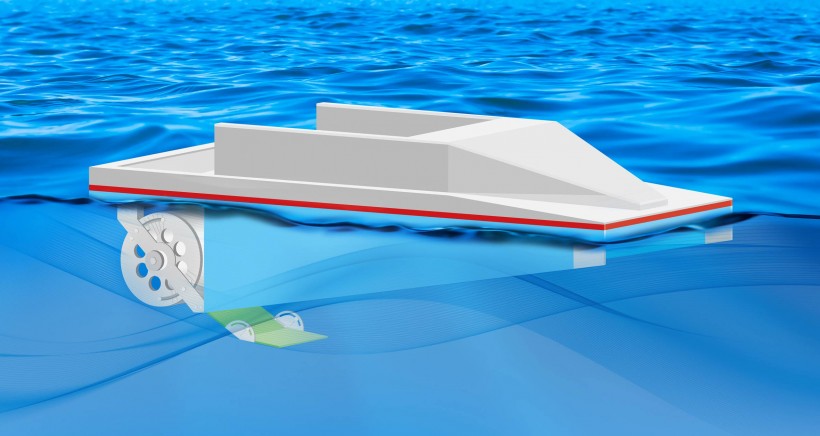The Dartmouth-based Centre for Ocean Ventures and Entrepreneurship hosted eight United Kingdom-based companies at a pitch event Monday as part of a broader partnership with British government agencies Innovate UK and Innovate UK Edge.
The eight innovative businesses, some of which are recently founded and some of which are more established players bringing new technologies to market, comprised the 2023 cohort of Innovate UK’s Ocean ScaleUp Accelerator Cohort.
Over the course of this week, the founders will attend a series of business development-focused meetings and events, with the stated goal of the trip being to develop new collaboration or sales opportunities with Canadian industry players.
“We’ve been thinking about this for just short of a year, about how we could work with Innovate UK and what we could build,” said COVE Chief Executive Melanie Nadeau at the event.
“We’re really pleased to finally be at the point that (UK founders) are here in person. And we’re looking forward to seeing how we can help these businesses sort of move beyond the early-stage startup phase.”
The competition comes just months after the Canadian and British governments announced they would collaborate on a new bluetech innovation competition, with the Atlantic Canada Opportunities Agency giving the Ocean Technology Council of Nova Scotia $275,000 to help run the program.
Here’s a look at the eight companies in attendance:
Basingstoke (and a small presence in Halifax)
Andy Smerdon, Managing Director
Founded in 1990 as a design consultancy for oceans instrumentation, Aquatec now sells a range of high tech systems for applications ranging from tracking marine life to detecting leaks from subsea oil and gas infrastructure. The company is also working on a subsea pipe clamp that can track how much strain the pipe is under.
Molesey
Elizabeth Paull, Managing Director
Founded more than 50 years ago, Chelsea Technologies now sells systems for tracking and mapping the presence of organisms like algae, bacteria and phytoplankton in the ocean. The technology has applications in climate change research. Other Chelsea systems can also detect pollutants like oil in water.
Malvern
Nick Tudor, Co-Founder
Co-founded recently by a trio of aerospace and computer science specialists, D-RisQ is working on a range of software products designed to automate testing and verifying the behaviour of software at each step in the development process. Such verification processes are suggested by the company to offer at least a partial solution to the problem of unpredictable behaviour from autonomous vehicles.
Liverpool
Jeyan Sreekumar, CEO
Spun off from Liverpool University in 2018, Hexsor sells a range of internet-of-things enabled sensors and filtration systems for liquids, gases and solids. The company specializes is spectroscopy and mass spectrometer technologies, the former referring to devices that record the spectrum of light waves and the latter being machines for determining the composition of substances.
Aberdeen
Lucas Wissmann, Co-Founder
Founded in 2020, HonuWorx is developing software to control autonomous ships for deploying maritime equipment, including small autonomous vehicles. The company views its technology as a path to reducing the costs and safety risks associated with launching vehicles from large, crewed ships.
Suffolk
Martijn Muntingh, CEO
Founded by oil and gas engineer Robert Norfolk, Max Nicholas Renewables has designed a new type of hydro-power turbine that generates more energy than conventional turbines and it is safer for marine life thanks to a design meant to prevent them from becoming caught up in the blades.
Edinburgh
Andrew Durrant, Founder
PicSea sells an autonomous submarine to collect sensor data from the seafloor. The submarines can operate collaboratively, and are flexible enough to be deployed from boats, dropped from the sky, launched from shore or deployed in the ocean on a more permanent basis.
Belfast
Paul Brewster, Technical Director
In addition to its oceans consulting business, Pure Marine sells wave energy technology that the company believes could have applications in desalination, aquaculture and powering autonomous observation vehicles thanks partly to its compact design.










